Prime Ministers
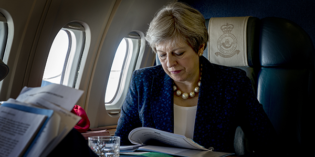
The art of political survival: three lessons from Theresa May
Ben Worthy and Mark Bennister reflect on Theresa May’s short premiership and argue that, though her personal power did diminish after the 2017 general election, in this latter phase she retained more power of political office than often assumed.
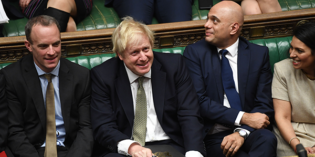
A great or Pyrrhic victory? The dangers ahead for Boris Johnson
This year Prime Minister Boris Johnson must negotiate the details of the UK’s future relationship with the EU. Although he has the benefit of a sizeable Commons majority, there are potential pitfalls for him, explains Ben Worthy, in the complexity of these negotiations, party management and in Johnson’s own leadership style.
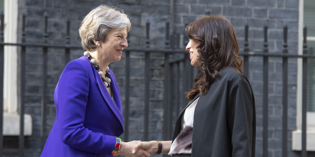
Citizens (mistakenly) perceive female-led political parties as more moderate
Does women’s leadership affect citizens’ perceptions of political parties? Diana Z. O’Brien shows that female-led parties are perceived as more moderate than male-led organisations, even though election manifestos authored by these parties are actually slightly more extreme than those by male-led parties.

Theresa May and Boris Johnson: secrecy as statecraft?
During UK–EU Brexit negotiations, Theresa May pursued a determined path of concealment and non-disclosure. Envisaged as a way to protect herself against political opposition, enhancing her bargaining power vis-à-vis the EU and deliver policy promises, the strategy failed and contributed to the end of her premiership. Ben Worthy and Marlen Heide detail how her case illustrates the powers of increasing transparency expectations and the risks of concealment over longer times or around contentious issues. It provides a useful lesson for her successor.

What makes a Prime Minister great?
On the day one occupant of Number 10 Downing Street leaves office, and another enters, Ben Worthy assesses how the British public rate previous Prime Ministers, and how the tricky mantle of ‘great’ tends to depend on fickle collective memories, partisan politics – and war.

What does Boris Johnson’s political record tell us about his prospects as Prime Minister?
As Conservative MPs whittle the contest to be next leader of the party – and so next Prime Minister – down to a final two who will face the party membership, Ben Worthy assesses the record of the clear frontrunner, Boris Johnson, and what his time as London Mayor and Foreign Secretary indicate about his aptitude for the top job.
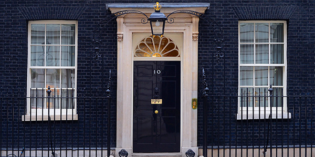
Tough and tender: the winning formula for the next Prime Minister
Eleven Conservative MPs are currently running to succeed Theresa May. Whoever emerges from this contest as the next Prime Minister, they will need to have the human and technical skills to tackle both the emotional divisions of the country and the challenges of Brexit, writes Tony Hockley.
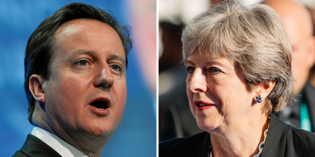
A tale of two failures: poor choices and bad judgements on the road to Brexit
How did we get where we are on Brexit? Many major political events are shaped by institutions and long-term social changes, but the political choices of leaders matter too. Ben Worthy assesses how the short-term decisions of David Cameron and Theresa May have led to this avoidable Brexit mess.
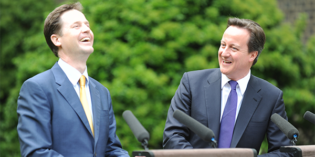
Behind the scenes of the Conservative–Liberal Democrat Coalition
The UK’s Coalition government of 2010–15 was established with an array of formal agreements and rules for cooperation. However, finds Felicity Matthews, the informal norms and micro-level practices of individual relationships were critical to its operation. This opens up a new area in research, which focuses on the detailed practices of multi-party governance.
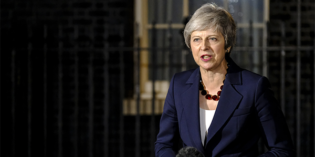
Theresa May and the curse of the takeover Prime Minister
After a tumultuous week for Prime Minister Theresa May, who has survived a confidence vote of her parliamentary party but lost the support of a third of her MPs, Ben Worthy assesses her leadership in comparison to other Prime Ministers who succeeded to office through internal party procedures rather than at a general election.


 Democratic Audit's core funding is provided by the Joseph Rowntree Charitable Trust. Additional funding is provided by the London School of Economics.
Democratic Audit's core funding is provided by the Joseph Rowntree Charitable Trust. Additional funding is provided by the London School of Economics.